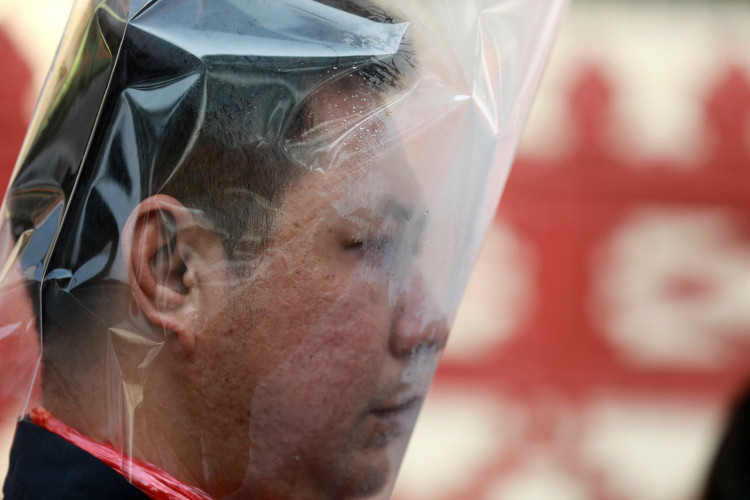Thailand's capital city of Bangkok has yet to manage its plastic use despite the government's fiercer stance against maritime pollution. The capital still generates over 5,000 tons of plastic trash in a day.
According to the South China Morning Post, the Thai government announced plans to completely recycle the country's remaining plastic packaging within seven years. By next year, the main target is to get rid of single-use bags.
For the year 2022, the target is to completely ban all plastic straws. The targets were announced after Thailand placed sixth in the world's rankings for countries that produce the most maritime pollution.
Street food vendors have been hit the hardest in Bangkok's efforts to reduce its plastic use. The street food sector is a popular and booming segment that helps boost the tourism industry as a whole and vendors have expressed difficulties as the plastic ban ensues.
Vendor of pot-stewed duck, Penjawan Pongkanmoon, explained that while he believes plastic use is not good for Thailand's beaches, "I can't see another way." Penjawan further noted that many consumers buy take-out food and plastic is still the best option for soups and similar food products.
Some industry analysts noted that while vendors are reeling from the plastic ban, it appears that the government is also struggling with implementation. There are still no penalties for vendors who continue to use plastic bags.
On the other hand, some agencies and cultural groups continue to call for more action against plastic use. Minister of Natural Resources and Environment Varawut Silpa-archa said "sentiment" is growing around the use of plastic products in Thailand, particularly in Bangkok.
Some companies are also starting to join the movement towards banning plastic in the country. Biodegradable Packaging for Environment Co. is among the providers that offer microwaveable food packaging.
The company makes use of bagasse, a by-product of sugar cane that decomposes in 45 days. It aims to produce 10 million pieces of its decomposable food packaging within the next five years but it already has clients in 31 countries.
Anti-plastic groups have also been more active over the past months, following the death of Mariam, a dugong that washed up on the shores of a beach in Thailand. Scientists found plastic bags blocking the dugong's intestines.
According to the Bangkok Post, some environmentalists believe more action is necessary if the government wants to achieve its targets against plastic within the timeline. They said the "voluntary basis" of the plastic ban is not enough to encourage the country towards proactive change.
Furthermore, some activists argued that the ban's targets do not really resolve any of the core issues surrounding plastic waste and its effects on Thailand's beaches. A law is still necessary to ensure that citizens will adapt to the changes.






